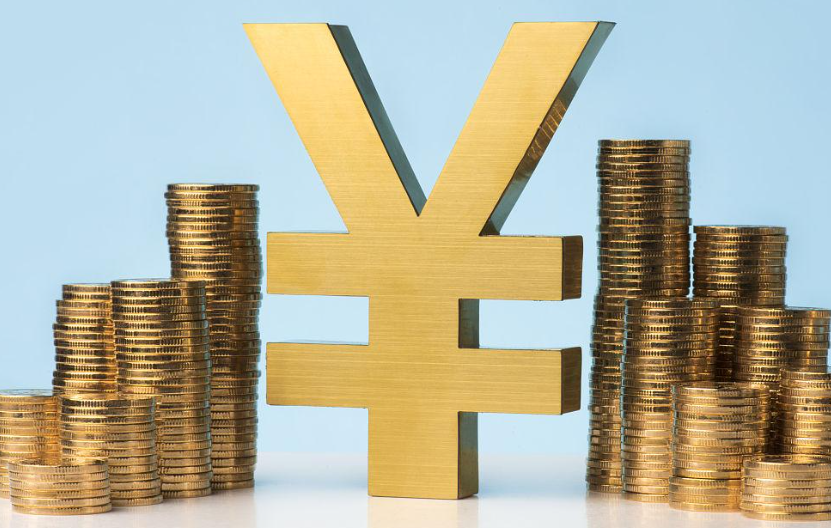The economy of any nation largely revolves around its consumer habits, and China is no exception. As the country seeks to stimulate economic growth, officials emphasize the critical role of consumer spending. It has become increasingly clear that, to effectively nurture the domestic economic cycle, there must be a robust strategy focused on enhancing consumer demand. In recent discussions led by the Central Economic Work Conference, it has been expressed that although consumer spending has shown some recovery, it remains less than ideal. Thus, the urgent call is to aggressively uplift consumer spending through policy initiatives focusing on essential sectors.
This year has seen multiple approaches taken by China to harness and unleash its consumption potential. Remarkably, the first eleven months of this year recorded retail sales of consumer goods nearing 44.27 trillion yuan, which marked a commendable growth of 3.5% compared to the previous year. Such a statistic encapsulates a brighter outlook, although it also highlights the ongoing need to stimulate further consumer demand.
The central government is now directing attention towards expanding domestic demand as a strategic initiative, with consumer spending taking center stage. Vice Minister of Commerce, Sheng Qiuping, referenced global trends where leading economies thrive on strong internal demand. In alignment with this, forthcoming efforts will merge consumer promotion with enhancing the quality of life for citizens through tailored actions aimed at practical outcomes. Proposed measures include facilitating trade-in programs for consumer goods, organizing innovative promotional events, and bolstering service consumption.

Identifying key demographics is crucial for instigating any transformational change in spending habits. Consumer spending largely depends on household income levels, along with the social safety nets in place to protect individuals financially. Enhancing the fundamentals of stable employment becomes crucial in this pursuit. The government has been prompted to emphasize job security, particularly for vulnerable groups, including those in flexible employment and new job sectors. Furthermore, increasing retirement benefits, raising pensions, and offering comprehensive healthcare subsidies can potentially ease consumer apprehension and bolster their spending confidence.
Acclaimed macroeconomic analyst Wang Qing notes that focusing on domestic demand will be a fundamental task in the coming year, with consumer spending at the core of this focus—marking a shift from past policies that leaned more toward investment fluctuations. With macroeconomic strategies concentrated on spurring consumer activity, residents can anticipate an acceleration in their purchasing potential.
Expert commentary underscores the need to enhance consumer capacity while simultaneously uplifting their willingness to spend. This can feasibly be achieved by intensifying governmental financial input directed at consumer activities, thus stabilizing residents’ monetary conditions and reinforcing social insurance. Responses to earlier policies, notably the "Two New" directive, have yielded favorable outcomes, laying the groundwork for expanding support arrangements around consumer products.
Innovations in diverse purchasing experiences have become pivotal. The designation of 2024 as the "Year of Consumption Promotion" underscores the endeavor to introduce vibrant and engaging promotional events. Key urban centers like Shanghai, Beijing, Guangzhou, Tianjin, and Chongqing have collectively orchestrated approximately 4000 significant promotional events, engaging tens of thousands of businesses and stimulating product supply and consumer demand in the process.
A trend emphasizing the launch of newly branded products and businesses accompanied these promotional activities. Figures reveal over 400 launch events, with more than 240 unique flagship stores introduced during this campaign. The Ministry of Commerce aims to accelerate proposals that support new product launches and guide local areas in cultivating a robust foundational market for these innovations.
The conceptualization and development of consumer engagement models such as snow and ice economies, along with service-oriented economies tailored to the aging population, aim to cater to increasingly diverse consumer preferences. Enhancing the quality and range of services provided plays a crucial role in this endeavor. As articulated by senior officials, there is a growing need to adapt to shifts in consumer habits while jointly fostering better alignment between supply and demand—ultimately expanding opportunities in health, childcare, and domestic services.
With the year closing in, initiatives focusing on prominent year-end celebrations are also being implemented. Events such as the Chinese traditional La Ba Festival and online shopping festivals seek to fulfill consumer needs as they anticipate the New Year. Innovative shopping experiences and promotional campaigns aim to create a festive atmosphere, which is believed to be crucial in revealing shifts in consumer behavior and preferences.
As persistent efforts shape the landscape of consumer experiences, China's strategy to optimize policy frameworks governing consumer spending has progressed steadily through initiatives like the trade-in programs for automobiles and home appliances. Noteworthy results have been evident with over 5.2 million new vehicle sales attributed to trade-in incentives, alongside substantial sales in the home appliance sector—averaging around 49 million units sold. Such initiatives have effectively driven the sales performance of related goods, pushing the total financed beyond the 1 trillion yuan mark.
Concurrently, an expansion in service-related consumption indicates the emerging patterns of consumer behaviors as China's economy matures. Service industry retail figures have illustrated a striking growth rate—outpacing general merchandise sales significantly. With transportation and communication services conspicuously leading this growth, it is clear that consumer appetites are shifting along with economic dynamics.
The interplay between supply and demand necessitates ongoing strategizing around ensuring high-quality offerings in response to evolving preferences and expectations in the market. Gaining insights into the consumer landscape not only fulfills present needs but also creates a thriving ecosystem where stakeholders work synergistically to enhance the quality and efficiency of the offerings provided to residents.